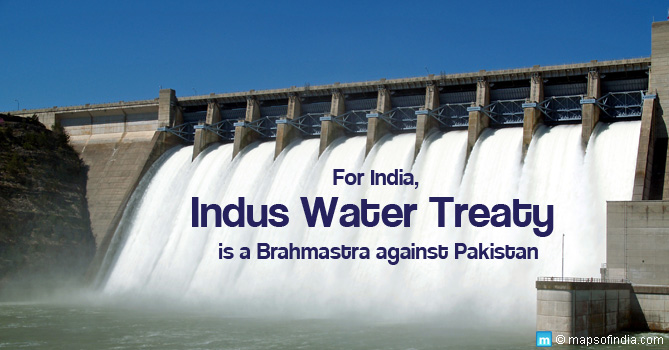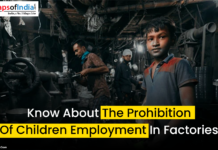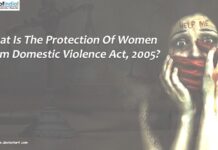China’s capital Beijing has been ranked at 177 out of 180 countries in the 2021 World Press Freedom Index compiled by Reporters Without Borders. It continues to remain in the same position from 2019.
China has one of the world’s most restrictive media environments, following the censorship model to control information in the news, online, and on social media provided by journalists and bloggers.
In February of 2016, Chinese President Xi Jinping made visits to three well-known state media organisations in Beijing, stating to the editors and journalists that their work must reflect total loyalty to the party. The move was followed by the public backlash that was itself then censored.
In the summer of 2016, the editorial team of Yanhuang Chunqiu proclaimed they would cease publication after the authorities replaced them with a new team who would endorse Xi Jinping’s political ideals.
Xi Jinping’s government has been using libel lawsuits, arrests, and other means to persuade Chinese journalists and media organizations to censor themselves.
Censorship guidelines are circulated weekly from the Communist Party’s propaganda department and the government’s Bureau of Internet Affairs to leading editors and media providers.
The law, the courts, and the police have all become stricter in the last six years since the control taken by Xi Jinping.
In 2013, the Supreme People’s Court increased penalties for posts that are defamatory of containing “false information.”
Two years later it became illegal to post fabricated content about natural disasters, emergencies, or any reports of danger — encouraging citizens to closely stick to the government’s narrative on major events.
In 2017, a new law made it illegal to endanger the ” honor or interests of the State”.
China is the world’s biggest jailers of journalists. 38 journalists were imprisoned in China in 2017, 47 in 2018, 48 in 2019 under President Xi Jinping. Among more than 144 journalists who are behind bars, over 100 journalists and bloggers are currently detained in conditions that pose a threat to their lives.
Liu Xiaobo, a Nobel peace laureate and winner of the RSF Press Freedom Prize, and Yang Tongyan, a dissident blogger, both died in 2017 from cancers that were left untreated while they were detained.
The situation of foreign journalists in China is not appropriate as they have also been threatened and harassed at the hands of Xi Jinping led Chinese Communist Party while in the field.
In 2012, Bloomberg and the New York Times both aired the reports on the private wealth of the Party Secretary Xi Jinping and Premier Wen Jiabao.
The websites of Bloomberg news service, the New York Times, and other major international publications have periodically been blacked out and visa applications were denied to their journalists.
In March this year, the Beijing regime banished 13 journalists working for The New York Times, The Washington Post, and The Wall Street Journal while at the same time orchestrating a global disinformation campaign structured to drown out critics who blame its censorship for the spread of the novel coronavirus.
Since the mid-1970s, it’s an unprecedented scenario that there are no accredited Australian media journalists based in China.
Will Glasgow from The Australian, who was based in Beijing, is also out of the country and China has not issued new visas for journalists from the ABC and Nine Newspapers.
Under the stringent Internet regulations, members of the public can now be jailed for the comments they post on news pieces on social media or messaging services, or even just for sharing content.
China, which is trying to promote a “new world media order,” maintains its system of information hyper-control, of which the adverse effects for the entire world have been witnessed during the coronavirus public health crisis.
The contemporary state of media outlets and journalists paints an even bleaker picture of media clampdown in China under the presidency of Xi Jinping.




